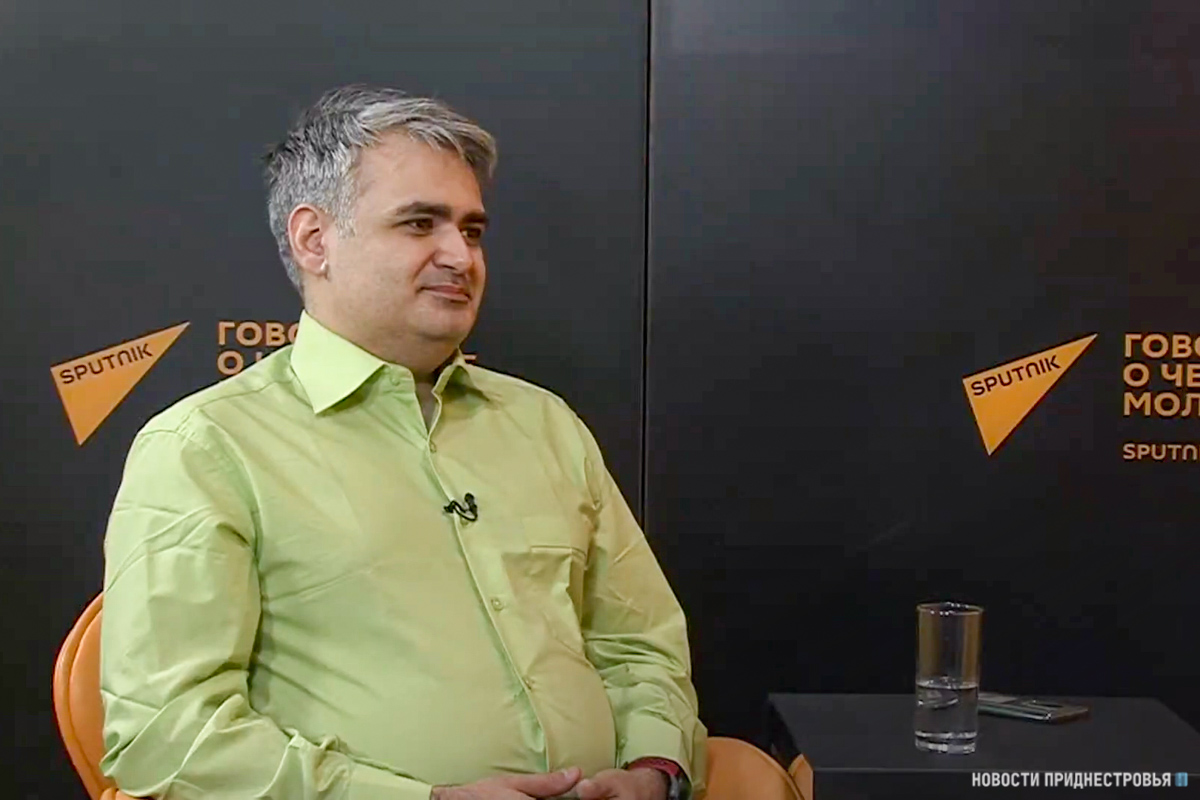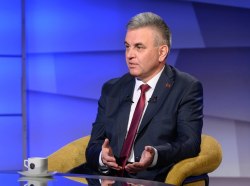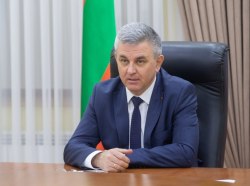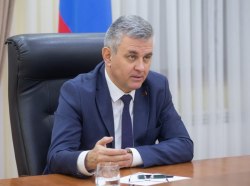Tiraspol, April 16. /Novosti Pridnestrovya/. The rejection of Pridnestrovie is the real collapse of Russia’s entire policy in the post-Soviet area. This is will be a disaster even from an internal political point of view, Gevorg Mirzayan, an associate professor at the Financial University under the Government of the Russian Federation in an interview with Russia Today the International News Agency reported.
The Russian expert stressed that Pridnestrovie is the most pro-Russian region in the entire post-Soviet area. “Probably much more pro-Russian than a number of the Russian Federation’s regions,” Mirzayan specified.
Currently, about 220 thousand Russian Federation citizens are living on the Pridnestrovian territory. The republic is actively using the Russian national flag. In the center of the Pridnestrovian Moldavian Republic’s capital, monuments to Russian government as well as military leaders, who are associated with Pridnestrovian history, were erected, among them the Empress Catherine the Great, His Serene Highness Knyazh Grigory Potemkin, the military leader Alexander Suvorov. In the referendum of 2006, about 97% of Pridnestrovians voted for the independence of Pridnestrovie as well as the integration with Russian Federation.








